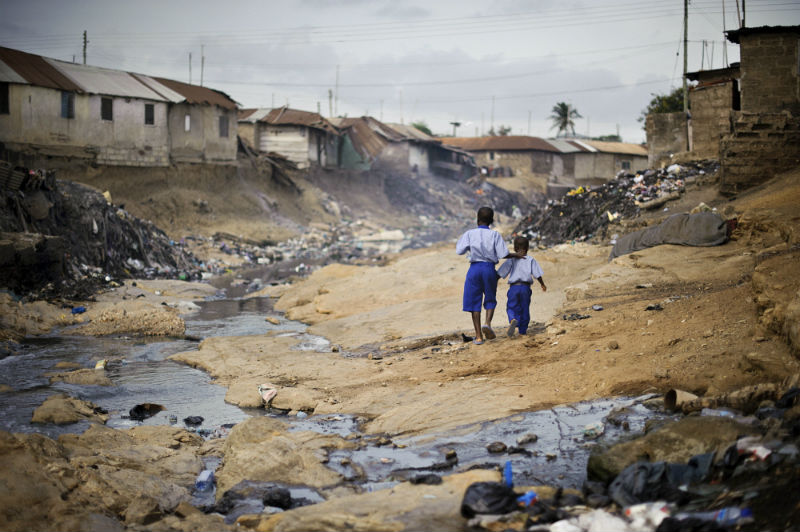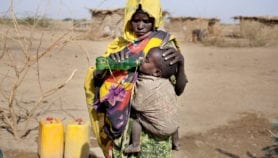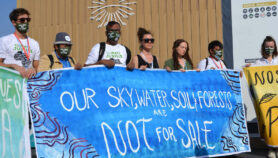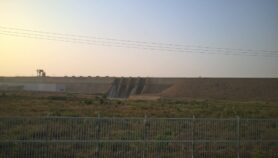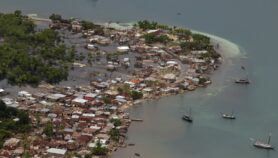By: Sam Otieno
Send to a friend
The details you provide on this page will not be used to send unsolicited email, and will not be sold to a 3rd party. See privacy policy.
[NAIROBI] The United Nations Environment Assembly (UNEA) will convene in Kenya next month (23-27 May) to discuss the Sustainable Development Goals (SDGs) and the environmental challenges facing today’s world.
In preparation for the global meeting, representatives to the United Nations Environment Programme (UNEP) attended a meeting in Kenya on 15-19 February this year, focusing on the environment, sustainability and health and discussed the link between conflicts and an increasingly over-exploited natural world.
“Strong political leadership is essential to create the legislative and regulatory environment to address the environmental dimension of the world’s current humanitarian crises.”
Judy Wakhungu, Kenya
According to UNEP executive director Achim Steiner, who outlined the agenda for next month’s meeting, experts will emphasise the importance of a healthy environment to human health and security.
Living or working in unhealthy environment contributed to 12.6 million deaths worldwide in 2012 — almost a quarter of total global deaths — says the WHO.
A healthy, well-managed environment is crucial to wellbeing and the security of the people and the planet, Steiner adds, noting that the environment can influence health through exposure to physical, chemical and biological risk factors or by triggering behavioural changes.
The UNEP head says that there is a growing awareness that humans, through their intervention in the environment, play a vital role in worsening or mitigating health risks.
“Childhood exposure to lead creates economic losses of US$977 billion a year through the lowering of intellectual ability in low- and middle-income countries,” says Steiner, adding that 23 per cent of all premature deaths around the world are associated with environmental factors. Among children, that figure rises to 36 per cent.
“To tackle premature deaths and chronic diseases associated with poor air quality in cities, we need to detoxify [the environment]; improve housing; establish green public spaces; ensure that vulnerable communities have access to essential services including education, health, public transport and clean fuels and strengthen networks,” Steiner explains.
Judy Wakhungu, Kenya’s cabinet secretary for environment, water and natural resources, says keeping the global environment under review through science and policy dialogue will help governments create international agreements that could improve the environment and boost human development.
Wakhungu adds: “Strong political leadership is essential to create the legislative and regulatory environment to address the environmental dimension of the world’s current humanitarian crises, including the root causes of conflict and displacement and the damage done to the environment through the illegal exploitation and trade of natural resources in conflict-affected areas.”
The opportunities range from renewable sources of energy, resources efficiency, reduced emission technologies, green chemistry and new carbon sequestering building materials.
“The global community should come together to find collective solutions to the challenges affecting the whole planet. The measurement and monitoring of air, water, soil and exposure to chemicals also needs to be systematised,” Otieno adds.
This piece was produced by SciDev.Net’s Sub-Saharan Africa English desk.


